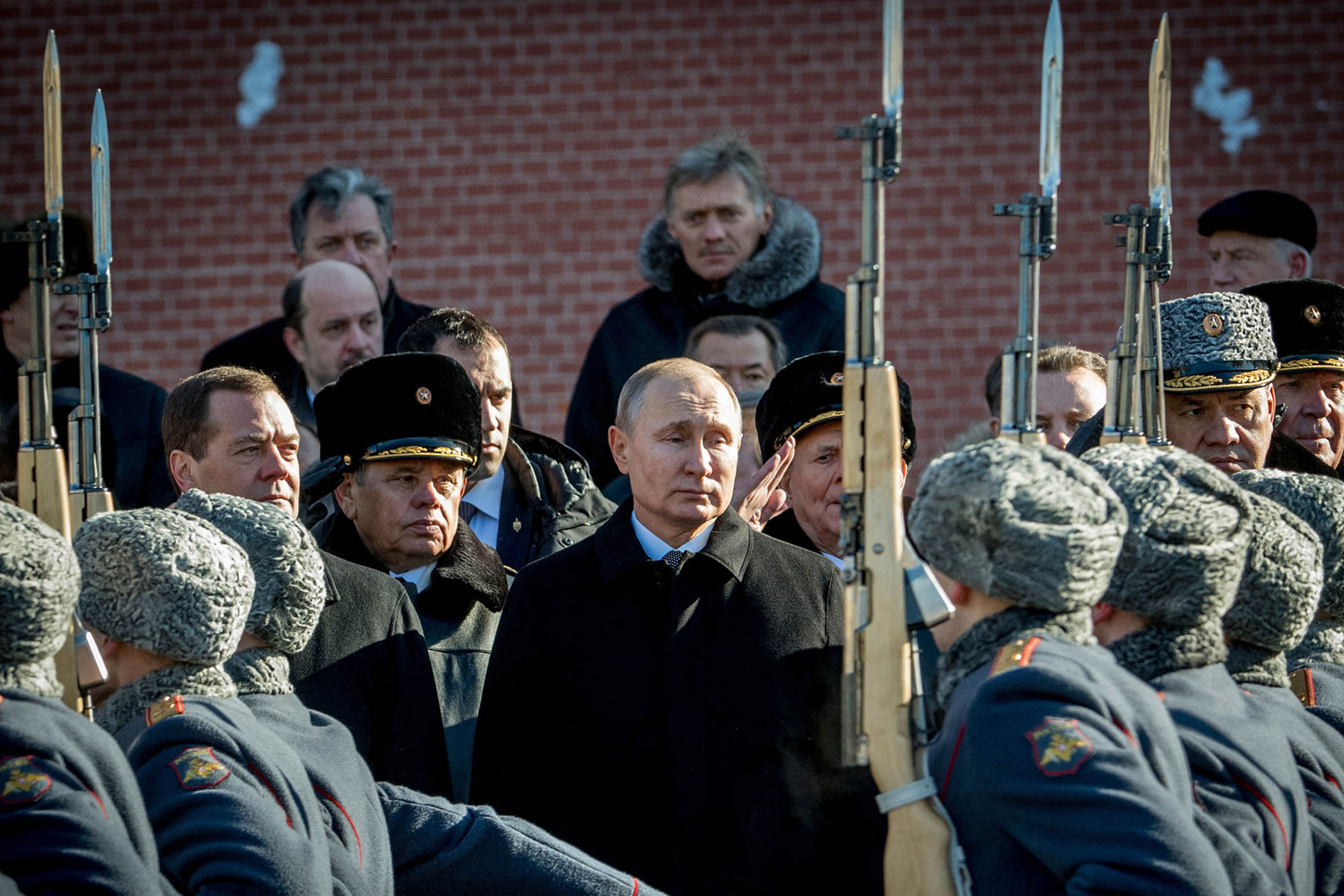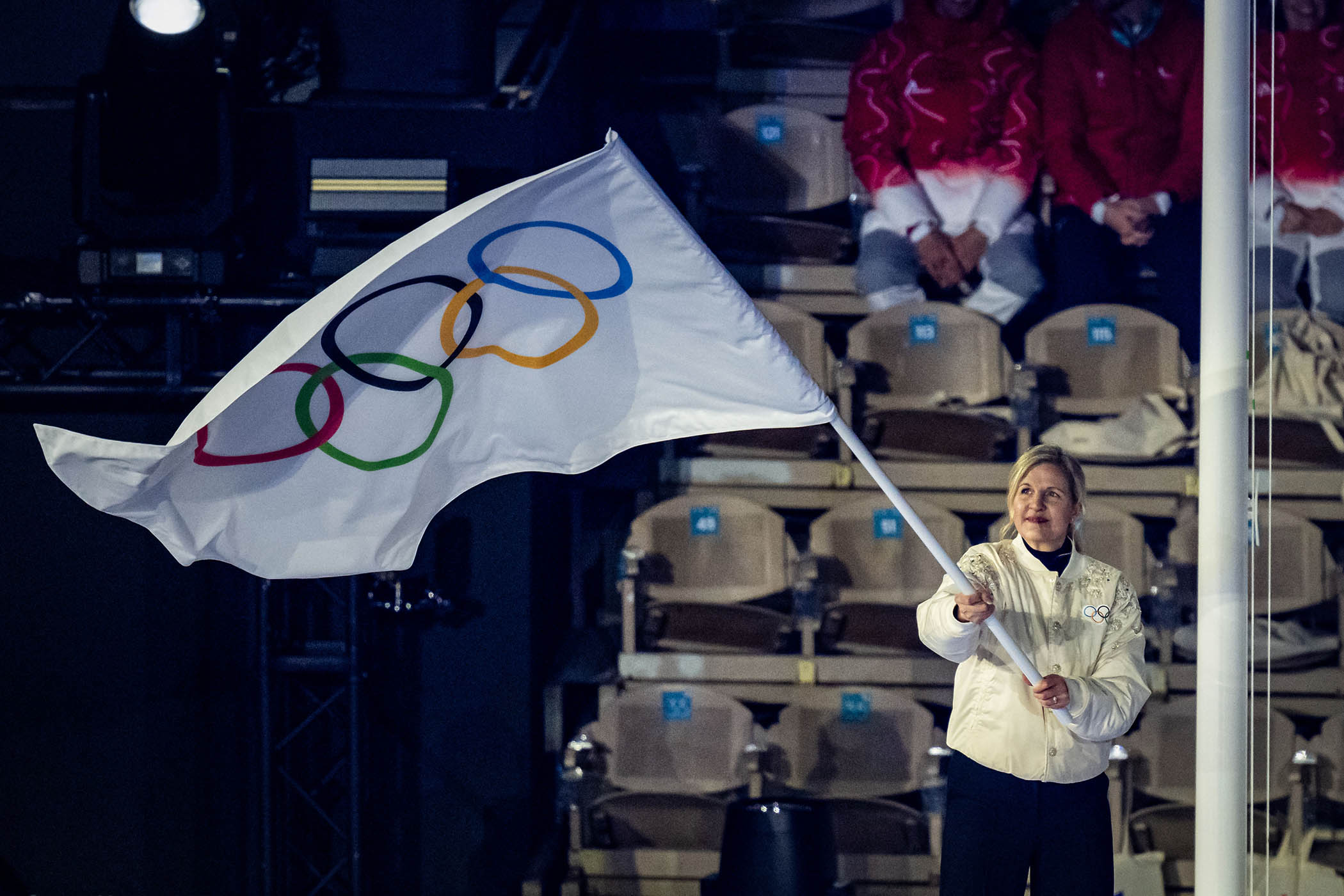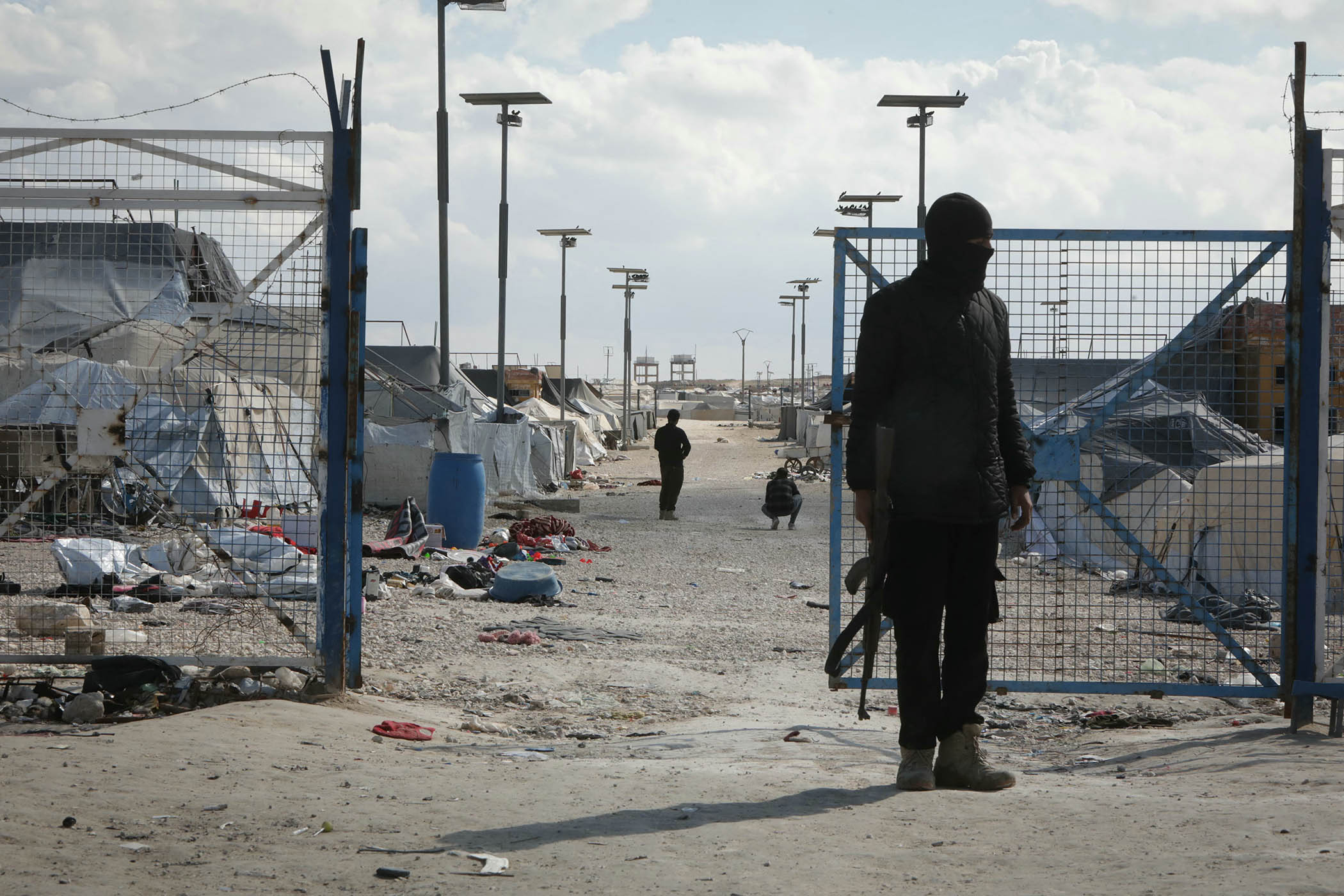The UK is in conflict with Russia, the former secretary general of Nato and UK defence secretary said during a speech in London on Monday. George Robertson, who was the architect of this year’s Strategic Defence Review into the threats facing the UK and its capabilities to meet them, warned that “Britain is underprepared, Britain is underinsured, and Britain is under attack.”
The stark analysis builds on statements from other senior figures in the intelligence and diplomatic services. Lady Manningham-Buller, the former head of MI5, said last week that those who think the UK may already be at war with Russia, “may be right”. In June, Dr Fiona Hill, who also worked on the Defence Review and who is a former chief adviser to the White House on Russia, said in an interview with the Guardian that Russia is “menacing the UK in various different ways… the poisonings, the assassinations, sabotage operations, all kinds of cyber-attacks and influence operations”.
Robertson has gone further. In private, he points to an academic paper which looks at how the UK is being portrayed in internal Russian discussions, and which finds Britain is depicted as an aggressive nation that seeks to sow conflict. The report’s author, Dr Jade McGlynn, from the War Studies department at King's College, London, said this kind of description is frequently used by Russia to justify its own aggression, including attacks on Georgia in 2008, and Ukraine in 2014 and since 2022.
The propaganda seems to be landing. According to Dr McGlynn, polling of Russians this year suggests that Britain is perceived as the most hostile country to Russia, with Ukraine increasingly described as a proxy or even the victim of western manipulation.
Robertson contrasts this increasingly bellicose stance from the Kremlin with the parlous state of the British armed forces. In his speech, he said: “Our armed forces have been hollowed out … we have shortages of ammunition, spare parts, logistics and medical capability. We are not ready. And if we are not ready, we cannot deter.”
‘Our armed forces have been hollowed out … we are not ready. And if we are not ready, we cannot deter’
‘Our armed forces have been hollowed out … we are not ready. And if we are not ready, we cannot deter’
George Robertson
Speaking ahead of the speech, Robertson noted that the Wargame podcast, produced by Tortoise and Sky News, which speculated on a Russian attack on the UK, and Britain’s lack of readiness to defend against it. “I might have argued with some aspects of it”, he said, “but now I am wondering, are we there?”
“The fundamental lesson is this: Britain’s current hollowed-out forces lack the capacity to respond to a peer opponent.”
The prime minister has promised increases in UK defence spending to start to address these concerns. But even on the most optimistic reading, this is still some distance off.
The diversion of funds from Overseas Aid, which should increase defence spending from 2.3% to 2.5% of GDP, will not kick in for at least another 18 months. Many observers fear that this money will not even address the most critical shortfalls in current plans, let alone allow for any expansion of the UK’s ability to deter cyber-attacks or attempts to damage critical infrastructure such as our gas pipeline to Norway, our sub-sea electricity interconnectors or our communications cables.
In the run-up to the budget at the end of November, Chancellor Rachel Reeves is under huge pressure, as the cost of servicing Britain’s national debt rises, and calls for increased spending on welfare intensify. The British government is already paying 4.7% a year in interest to borrow money for 10 years, compared with France, which is widely felt to be a budgetary basket case, yet only pays 3.5%. Compared to Germany, the UK is paying a whopping 2 percentage points more for everything it borrows. The cost of servicing the UK’s £2.8tn national debt is now almost double the UK defence budget, at £115bn a year, vs £66bn on the UK’s armed forces.
Newsletters
Choose the newsletters you want to receive
View more
For information about how The Observer protects your data, read our Privacy Policy
Robertson believes a wider public debate and greater public awareness of the risks of conflict is vital if the UK is not to drift into ever greater vulnerability. He recalls the quote often attributed to Leon Trotsky, but which may well have originated with a popular author, Fannie Hurst. “You may not be interested in this war, but it is interested in you.”
Photograph by Yuri Kadobnov/AFP via Getty Images



